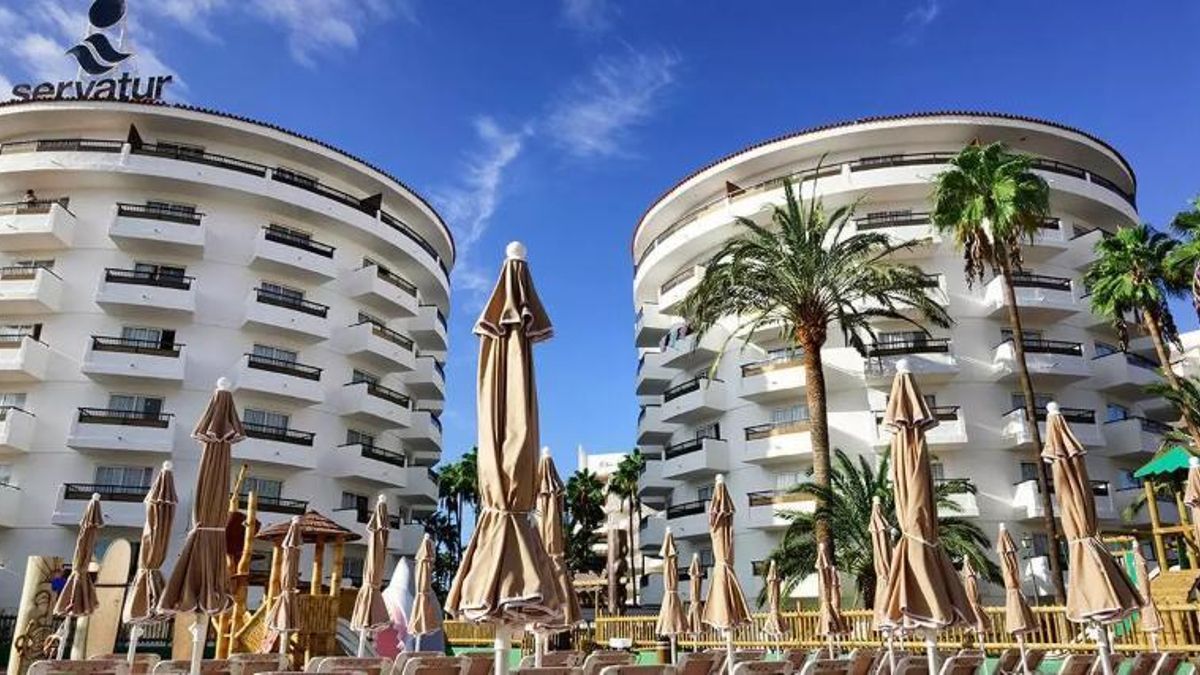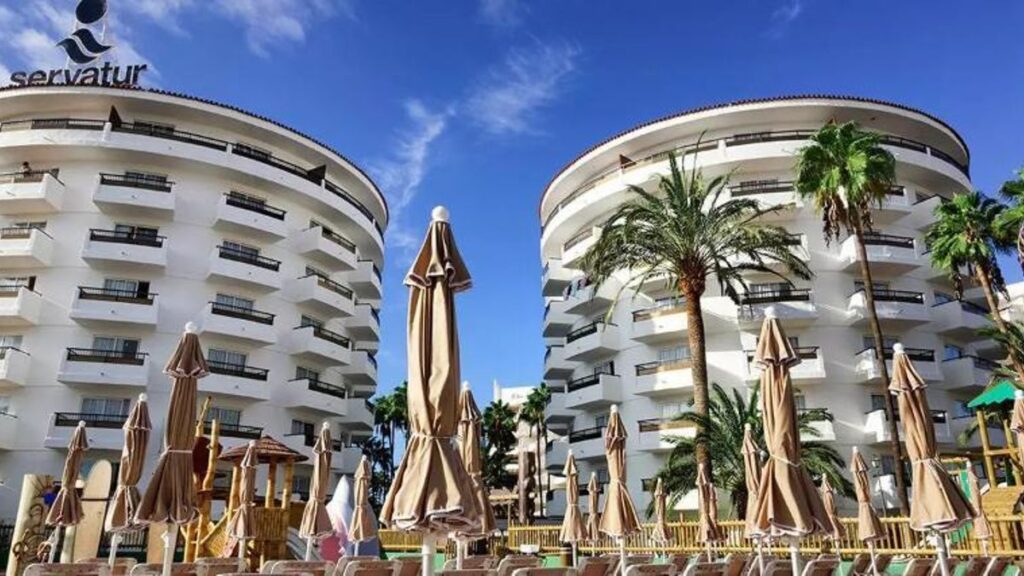Court Ruling Shakes Up Gran Canaria’s Tourist Apartment Market
In a significant legal development, owners of apartments in tourist complexes in southern Gran Canaria are facing a major restriction: they cannot live in their properties nor rent them out as individual vacation homes. At least three rulings issued in July by the High Court of Justice of the Canary Islands (TSJC) have forced owners in complexes like Waikiki and Tisalaya Park in San Bartolomé de Tirajana to hand over the management of their apartments to a single, official operator.
The Legal Battle Over Individual Rentals
The core issue in these court cases was whether an apartment within a legally authorized tourist complex—categorized as hotel or extra-hotel accommodation—could be used as a private vacation rental. The TSJC concluded that vacation homes located within such establishments are also subject to the “principle of unified exploitation” outlined in the Canary Islands Tourism Law. Article 38 of this law stipulates that all accommodation units in a “unified set of constructions, buildings, or homogeneous parts thereof” must be managed by a single tourism company.
The Arguments of the Property Owners
Represented by the same lawyer, the owners put forward several arguments to gain authorization to manage their properties independently. In the case of the Waikiki complex apartment, the owner claimed to have offered the unit to the complex’s operator, Servatur, under specific financial terms that were rejected. The owner argued that this rejection should not prevent them from earning an income by accessing the tourist rental market individually.
They further contended that their apartment was not integrated into the hotel establishment and only shared common areas. On the key legal principle, the owners argued that the unified exploitation rule violated legal standards by restricting the free provision of services. They warned that its application amounted to an “absolute prohibition of tourist rentals by private individuals” and limited the rights to freedom of enterprise and property.
In the other two cases concerning Tisalaya Park, the appellants argued that the complex’s operator was no longer active, having communicated a definitive cessation of activities. They maintained that the operator’s registration was only current due to “administrative negligence.” Additionally, they defended that the land was zoned as residential, not tourist, according to the latest revision of the Gran Canaria Insular Plan, and should therefore be eligible for use as vacation rentals.
The Court’s Final Decision
The TSJC dismissed all these arguments. For the Waikiki apartment, the court emphasized that the property is located within the Servatur hotel complex, where the principle of unified exploitation applies. This means no other operators can coexist, regardless of whether the apartment meets the standards of a vacation home or is a separately registered property.
The judges also stated that Servatur’s rejection of the owner’s offer does not exempt the owner from complying with the law and their obligation to cede management to the complex’s operator. Regarding the zoning argument, the court referred to the San Bartolomé de Tirajana General Plan, which assigns a tourist use to those plots of land. Furthermore, the court noted there was no evidence that the administration had accepted the Tisalaya Park operator’s request to cease activities, meaning it remains the official operator for legal purposes.
A Controversial Law and Its Ongoing Impact
The court underscored that the principle of unified exploitation is legally justified by “reasons of general interest,” aiming to professionalize the service and offer quality tourism, thereby providing greater consumer protection. While the TSJC acknowledged the “major social, economic, and legal debate” surrounding the “rigid, unnecessary, or disproportionate” nature of this principle, it concluded that the “overriding reasons of general interest that justify its application still stand.”
The application of the 2013 Canary Islands Tourism Law, which prevents owners from residing in their properties in tourist complexes and obliges them to cede management, remains highly controversial. In March, the Canary Islands Government announced a suspension of penalties for owners who had not placed their properties under a tourism operator. However, the Canarian Vacation Rental Association (ASCAV) reported in early September that fines are still being imposed on owners of apartments and bungalows for using them on weekends or during holidays, even if they don’t live there or rent them out.


